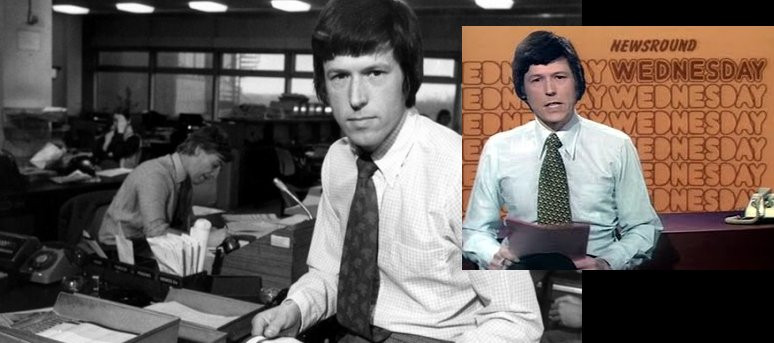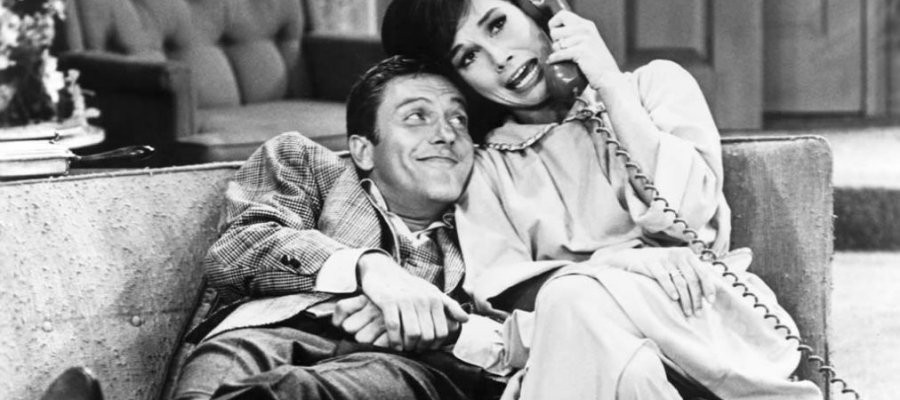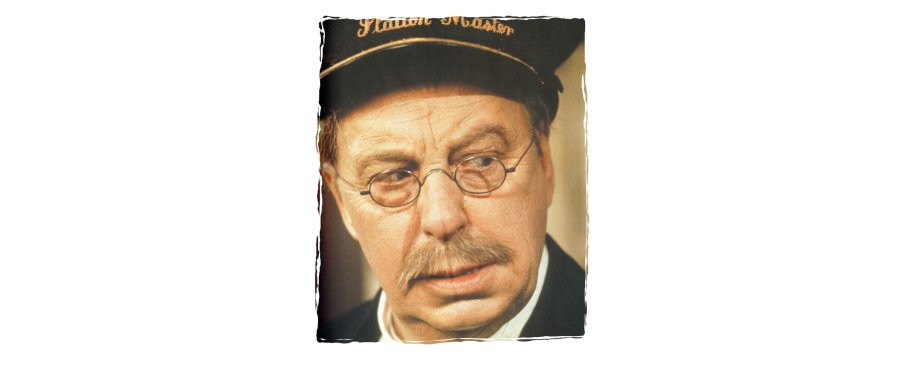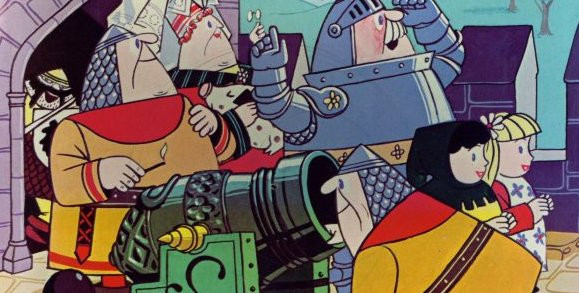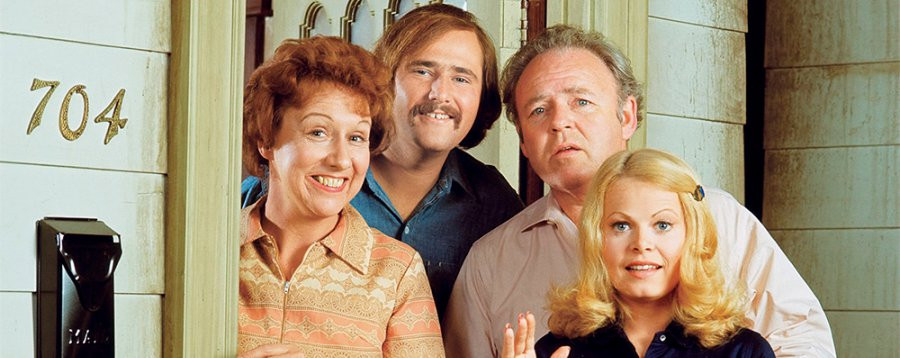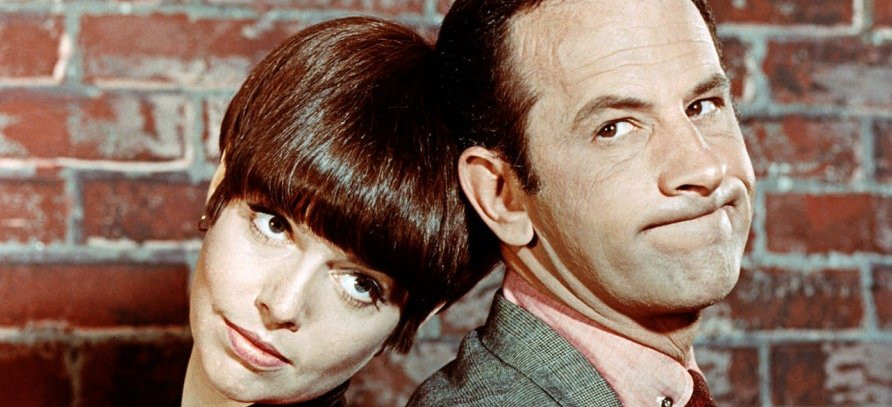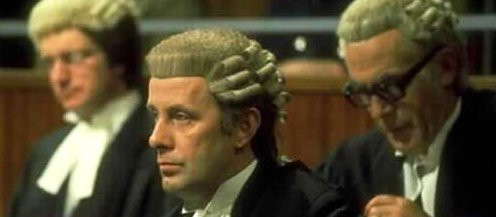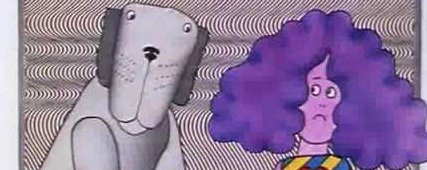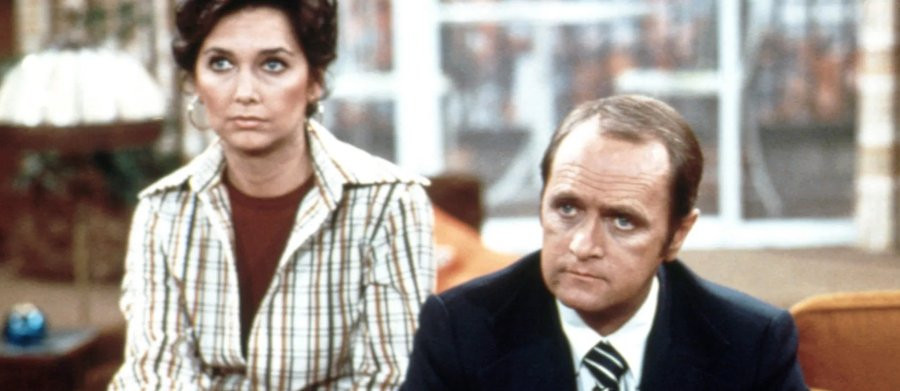
The Bob Newhart Show
1972 - United StatesBy Michael Spadoni
Bob Newhart is a most unlikely comic. His deadpan humour, stammer and slow, controlled reaction was not in-your-face funny. But as it turned out, it proved to be just right for the former accountant turned stand-up comedian. And for five decades, it served him well on records, in nightclubs, film-and the small screen. Today, Bob Newhart is an American comedy icon. And his varied television career-with four sitcoms to date-prove it.
Bob Newhart was born in Oak Park, Illinois on 5 September 1929. He graduated with a business management degree from the Loyola University of Chicago, and was drafted into the Army, where he served stateside during the Korean War. The veteran soldier later became an accountant for United States Gypsum-a job he didn’t like. Later, Newhart claimed to have been an unemployment office clerk but quit when he learned he could get about the same amount a week if he filed for benefits.

In 1958, Newhart found a job as an advertising copywriter for the Chicago producer Fred A. Niles. He and a co-worker would keep themselves entertained by recording their long telephone conversations and sending the tapes to Chicago area radio stations. It was during that time that Newhart came up with what became his comedy trademark-reacting to telephone conversations as the straight man. A disc jockey later introduced Newhart to an executive at the newly created record arm of Warner Brothers, who signed him to the label.
One of his favourite bits was as a promoter trying to get a reluctant President Abe Lincoln to improve his image. Newhart’s first album for Warner Brothers, "The Button Down Mind of Bob Newhart", hit the top of the charts against Elvis Presley and other recording artists; he won a Grammy as best new artist.

In 1961, NBC signed Newhart to host a half-hour variety series with his stand-up act and weekly guests. Critics loved the programme, But NBC cancelled The Bob Newhart Show after just one season (not enough people watched). That despite critical acclaim and both Emmy and Peabody awards for the series. Newhart went back to stand-up, records and roles in film. He also guest starred on a number of television programmes, including co-hosting with Carol Burnett a short-lived CBS variety show called The Entertainers. It would be another eight years before Newhart would try a television series again. This time, instead of a musical-comedy variety programme, he decided to try his hand at a situation comedy. It turned out to be a good move.
In 1971, writers David Davis and Lorenzo Music, who were enjoying success on The Mary Tyler Moore Show, approached Newhart and asked him if he would consider doing a situation comedy. Newhart agreed, with stipulations-the main one being that he would be married, but the couple would be childless. In return, Newhart was placed in a sophisticated comedy based on character and situations, not on cheap laughs. As Davis put it, "We were selling class and charm and wit."
Newhart played Dr. Robert Harley, a Chicago psychologist who lived in a modern high-rise with his schoolteacher wife Emily (Suzanne Pleshette). Their neighbour was airline pilot Howard Borden, a somewhat inept person played by Bill Daley (who also co-starred in the 1960's comedy I Dream of Jeannie). At the office, Bob shared space on the office floor with orthodontist Jerry Robinson (Peter Bonerz); their receptionist was the joking Carol Kester-Bondurant (Marcia Wallace).
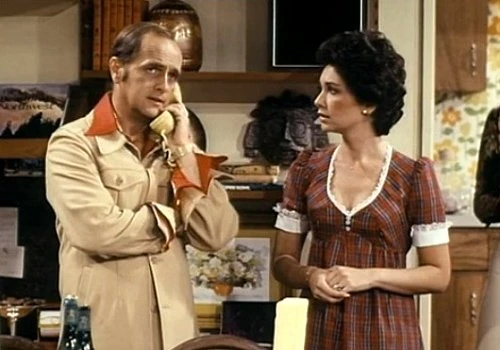
One of Bob’s best-loved patients was mild-mannered former Marine Emil Peterson (John Fielder); probably the best known is the troubled, mean-spirited Elliot Carlin (played to perfection by character actor Jack Riley). The show made good use of Newhart’s patented comedy style, including his pauses, stutters and one-sided phone calls. Newhart and Pleshette had a wonderful chemistry that spilled over into their large bedroom and king-sized bed (you could believe the pair were romantic–and loved it). Lorenzo Music (who later gained on-screen fame as Carlton the doorman on Rhoda, wrote the 'Bob Newhart Show’s' instrumental theme, 'Home to Emily'.

During the show’s run, the writing staff presented him with a script where Emily becomes pregnant. Newhart, who resisted having children on the series, had this response: "Suzanne and I love the script, but who are you going to get to play Bob?" The pregnancy episode was never produced.
The Bob Newhart Show’s breezy style was a perfect fit with the show it followed on Saturday nights, The Mary Tyler Moore Show, and was a CBS staple (a regular in television’s top 25) until 1978, when Newhart decided to end his series. It never won a major Emmy award, but it is still considered one of the best sitcoms of all time. "Time"magazine named it one of the 100 best series of all time, while "TV Guide" ranked it 44th out of its 50 most influential or entertaining shows in American pop culture.
Seen this show? How do you rate it?
Seen this show? How do you rate it?
Published on April 26th, 2020. Written by Michael Spadoni for Television Heaven.


